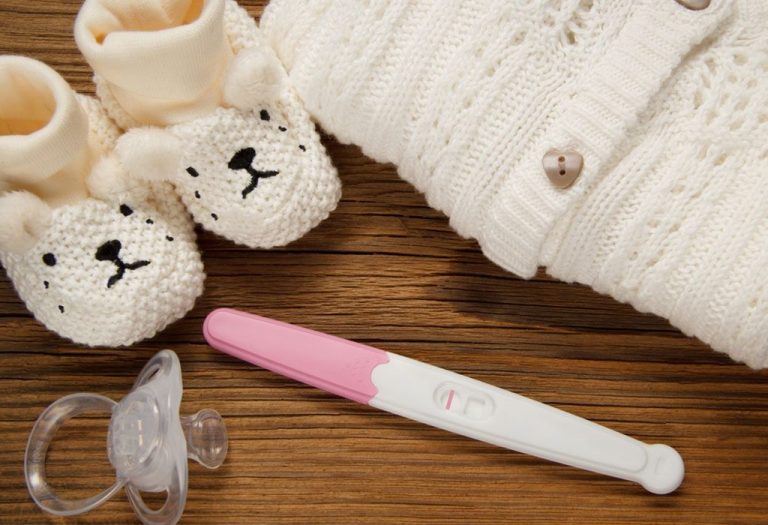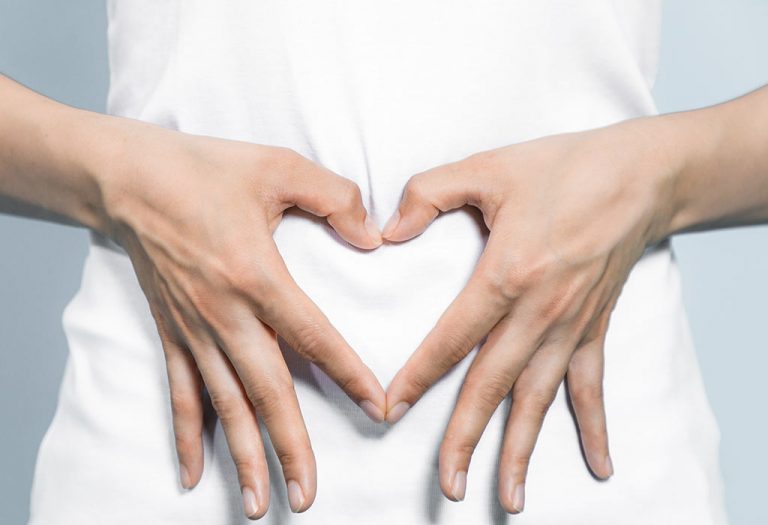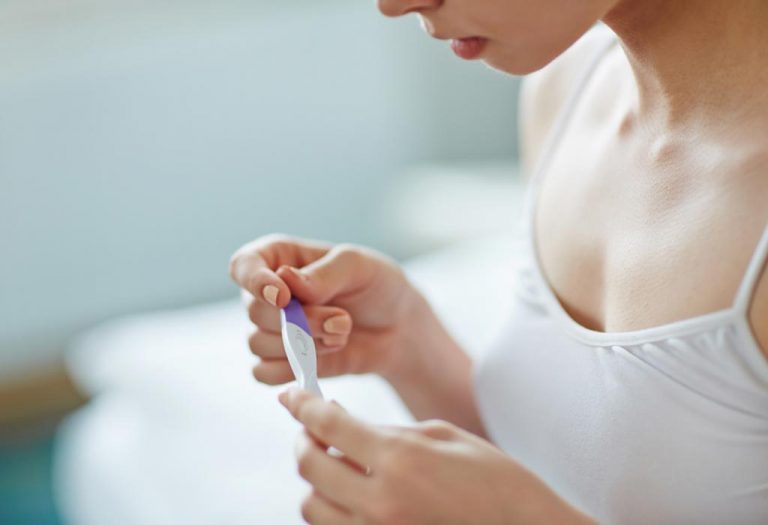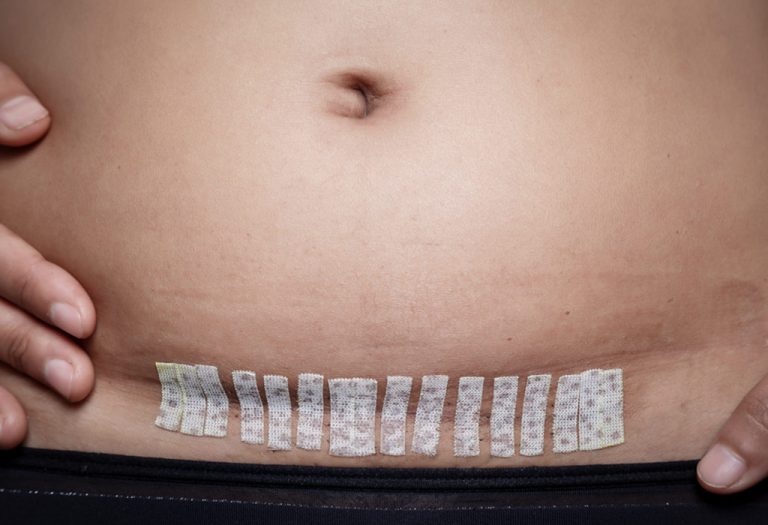Pregnancy After Miscarriage: Tips & More

Many women who have gone through the nightmare of miscarriage wish to get pregnant immediately after. Nevertheless, some women do want to take a break, come out of their emotional doldrums, and then get pregnant. The feelings and desires vary from woman to woman, but it is important to know what is right for you. So, how should you tread the path of pregnancy after a miscarriage? We shall discuss that in the article below. If you would also like to know about tips to get pregnant after miscarriage, then this article is for you. We’ll discuss the challenges and tests related to getting pregnant after having a miscarriage.
How Soon Can You Get Pregnant After a Miscarriage?
Studies suggest that you can conceive immediately after a miscarriage as it lowers your chances of another miscarriage. Many gynaecologists suggest there should be at least a three-month gap after a miscarriage, while some suggest delaying it for another 15 to 18 months (1). However, getting pregnant should completely depend on your health and readiness to have a baby, as the trauma of suffering a miscarriage can stay for some time. Your body also could need that time to recover and start functioning normally. Hence, it is recommended that you talk to your gynaecologist, get all the necessary answers and then plan another pregnancy.
Is It Necessary to Wait for 3 Months to Get Pregnant Again After a Miscarriage?
It is of utmost importance to know if you can plan an early pregnancy after miscarriage. But before that, here are some words of comfort for you. Miscarriage, especially in the early stages of pregnancy, is common. It is observed that about 15% of pregnant women experience miscarriage. And about 20% of all pregnancies get terminated even before a woman is aware of her pregnancy. Most of the time, the reason is unknown, and it may be a futile exercise to search for the cause.
If your gynaecologist has not suggested that you wait for three months, then it is perfectly alright to start preparing for the next pregnancy. WHO, on the other hand, recommends a minimum of 6 months, but there is no concrete rule or evidence to support the recommendations (2). It is, however, recommended only if you are emotionally prepared for an early pregnancy because that will also be an emotional and physical roller coaster ride, and you need to be prepared for it both emotionally and physically.
Also, if your pregnancy loss has occurred after 20 weeks of pregnancy, then there may be a paucity of important vitamins like folate in your body. In that case, getting pregnant immediately after miscarriage may not be a good idea either for you or for the baby. If you feel that your health is fragile, consult your gynaecologist and follow the instructions to the T.
In some cases, gynaecologists do advise women to wait for 3 months after a miscarriage, even if it was within 20 weeks of pregnancy. This is because the menstrual cycle normally gets a new order after a miscarriage. To calculate the due date, the gynaecologist will want to know when your menstrual cycle was regularised. If you are tracking your ovulation cycles and are aware of the new cyclical order, then do share the information with your gynaecologist to help him/her calculate the due date. In that case, you need not wait for 3 months.
When to Get Pregnant After a Miscarriage
If you are anxious to know when to conceive after a miscarriage, then you must know that sex is discouraged usually for 2 weeks after a miscarriage. The objective is to prevent infections. If you have any specific problem like uterine fibroids, then the doctor will surely take that into cognizance and render his or her advice accordingly.
As mentioned earlier, you need to start ovulating to get pregnant. So, you need to know when you are going to ovulate again. You have lots of HCG hormone (Human chorionic gonadotropin) in your blood right after a miscarriage. This level needs to go down to zero for your cycle to start again. The time it takes for the HCG level to go down varies from woman to woman and can take a few days or a few weeks. So, ideally, you should wait to start having sex until the time you start ovulating. Look out for the signs and symptoms of ovulation to help keep track.
Periods mostly return within 6 weeks of a miscarriage. Nevertheless, this does not mean that you have to wait for at least 6 weeks to get pregnant. If you have sex right when you are ovulating after a menstrual cycle, you could conceive. However, it is the coming together of your emotional readiness and biological preparedness, as assessed by the gynaecologist, that will determine the abstinence period.
According to the American Pregnancy Association, you should wait about two to three menstrual cycles before trying to conceive again, given the tests or treatments for miscarriage are not done (3). If you are on medication that is risky for pregnancy, are diabetic, have a high-risk pregnancy case, are anaemic or experienced high blood loss during the miscarriage, then your doctor may suggest you delay getting pregnant again after a miscarriage (4).
According to a statistical study, women who have become pregnant within 6 months of experiencing a miscarriage have had fewer complications in comparison to those who have waited longer. However, all these studies and stats are for those who have had one miscarriage. For those who have had two or more miscarriages, the underlying cause needs to be assessed before they become pregnant again. If you are among them, then talk to the gynaecologist in detail and undergo tests as recommended by him or her. You may also need some treatment before your next pregnancy.
Is It Very Hard to Get Pregnant After a Miscarriage?
It is a myth that chances of getting pregnant after miscarriage are low. Your chances of getting pregnant are the same as before and as any other woman. In fact, some women do get pregnant easily within 3 months of miscarriage. There is one study that reveals that nearly 70% of women who have suffered a miscarriage and have renewed their efforts immediately after have become pregnant within 3 months.
One thing that is common in all pregnancies after a miscarriage is the healthy lifestyle the women choose to live. Choices, like limiting your intake of coffee and avoiding alcohol and drugs, do have a bearing on your chances of a healthy pregnancy. You should also keep a strict check on your weight. Obese, as well as underweight women find it difficult to maintain pregnancy. You can also start taking prenatal folic acid 3 months prior to planning for a pregnancy.
Tests to Take Before Getting Pregnant After a Miscarriage
While about 75% of recurrent miscarriages end because of unknown causes, there are certain health conditions that may jeopardise pregnancy (5). Determining health conditions with the help of tests can help increase the chances of pregnancy. Some common tests include (6):
- Blood tests for hormone levels (thyroid, progesterone), blood clotting disorders, or autoimmune disorders.
- Genetic tests for any genetic variations in partners that may be affecting chromosomes at conception. Genetic testing of the discharge itself can also be performed.
- Ultrasound examines the uterus, fallopian tubes, and ovaries.
- Hysterosalpingogram to examine the uterus and fallopian tubes, where the uterus is injected with an iodinated dye for an X-ray reading.
- Laparoscopy to examine the outside of the uterus, fallopian tubes, and ovaries.
- Hysteroscopy to check the cervix and uterus. In this procedure, a thin, lighted tube (hysteroscope) is inserted into the vagina.
- Sonohysterogram to examine the uterus lining and the whole where the uterus is injected with a particular fluid for reading an image with the help of a transvaginal ultrasound.
Are There Any Chances of Another Miscarriage?
Studies show that only 1% of pregnant women have more than one miscarriage. So, your chances of getting another miscarriage might be minuscule (7). However, if you have had two miscarriages, then the risk of another miscarriage is around 26%. In the same way, the risk is about 28% after the third miscarriage. According to a study, only 53% of women who tried to get pregnant within 3 months of miscarriage delivered healthy babies. On the other hand, among the women who waited for at least 3 months before trying to get pregnant, 36% became pregnant and delivered a baby. That said, even after three unknown causes of miscarriages, about 65% of people have the chance of a successful pregnancy.
However, 1% of people with complications in the uterus may experience recurrent miscarriages due to hormone issues, blood clotting issues, high blood sugar, PCOS, and certain autoimmune disorders. In cases of two or more miscarriages in a row, the American Society for Reproductive Medicine recommends consulting health experts for diagnosis and testing.
What Can Be Done to Improve Chances of Healthy Pregnancy After Miscarriage?
There is not much that can be done to prevent a miscarriage. If you have an underlying problem, say ovarian cysts, then the doctor will first treat that problem and then advise you to try to get pregnant. In that case, your chances improve automatically after the treatment. Some women have uterine fibroids that may need to be surgically removed before getting pregnant. However, if you don’t suffer from any such conditions, a few lifestyle changes can help improve your chances of getting pregnant.
FAQs
1. What are the common causes of miscarriage?
Chromosomal abnormalities, age factors, genetic disorders, excessive smoking, and high fever are some causes of miscarriage (8).
2. What are the probable emotions for pregnancy after miscarriage?
Pregnancy after a miscarriage is a mix of joy and worries. It is a healing period for the mother, but the likelihood of worry and depression could be there even after childbirth. Thus, it is important to open up about your feelings and the intensity. Talk to your partner, parents, friends, family, or a healthcare professional if you want (6).
Miscarriage is an unfortunate event. However, don’t lose hope in the event of multiple miscarriages. There are many women who have delivered healthy babies, even after experiencing several miscarriages. Making necessary changes in your lifestyle and diet, following a healthy regime and staying positive can help you get your body to function properly and increase your chances of a healthy pregnancy after miscarriage.
References/Resources:
1. HOW LONG AFTER A MISCARRIAGE TO TRY AGAIN?; University of Utah; https://healthcare.utah.edu/the-scope/health-library/all/2023/08/how-long-after-miscarriage-try-again
2. Schliep KC, Mitchell EM, Mumford SL, Radin RG, Zarek SM, Sjaarda L, Schisterman EF. Trying to Conceive After an Early Pregnancy Loss: An Assessment on How Long Couples Should Wait. Obstet Gynecol.; PubMed Central; https://pmc.ncbi.nlm.nih.gov/articles/PMC4780347/; 2016
3. Pregnancy After Miscarriage; American Pregnancy Association; https://americanpregnancy.org/getting-pregnant/pregnancy-loss/pregnancy-after-miscarriage/
4. How soon should I get pregnant again after miscarriage?; UT Southwestern Medical Center; https://utswmed.org/medblog/pregnancy-after-miscarriage/
5. Repeated Miscarriages; ACOG; https://www.acog.org/womens-health/faqs/Repeated-Miscarriages?utm_source=redirect&utm_medium=web&utm_campaign=otn
6. Pregnancy after miscarriage: What you need to know; Mayo Clinic; https://www.mayoclinic.org/healthy-lifestyle/getting-pregnant/in-depth/pregnancy-after-miscarriage/art-20044134
7. Getting pregnant after miscarriage, ectopic or molar pregnancy; Tommy’s; https://www.tommys.org/baby-loss-support/miscarriage-information-and-support/pregnancy-after-miscarriage/getting-pregnant-after-miscarriage#Will-I-have-another-miscarriage
8. Miscarriage; The Royal Women’s Hospital; https://www.thewomens.org.au/health-information/pregnancy-and-birth/pregnancy-problems/early-pregnancy-problems/miscarriage
Also Read:
Pregnancy After a Leep Procedure
Getting Pregnant after Tubal Ligation
Is it Possible to Get Pregnant after Vasectomy
Can You Get Pregnant After a Hysterectomy?
Was This Article Helpful?
Parenting is a huge responsibility, for you as a caregiver, but also for us as a parenting content platform. We understand that and take our responsibility of creating credible content seriously. FirstCry Parenting articles are written and published only after extensive research using factually sound references to deliver quality content that is accurate, validated by experts, and completely reliable. To understand how we go about creating content that is credible, read our editorial policy here.




































